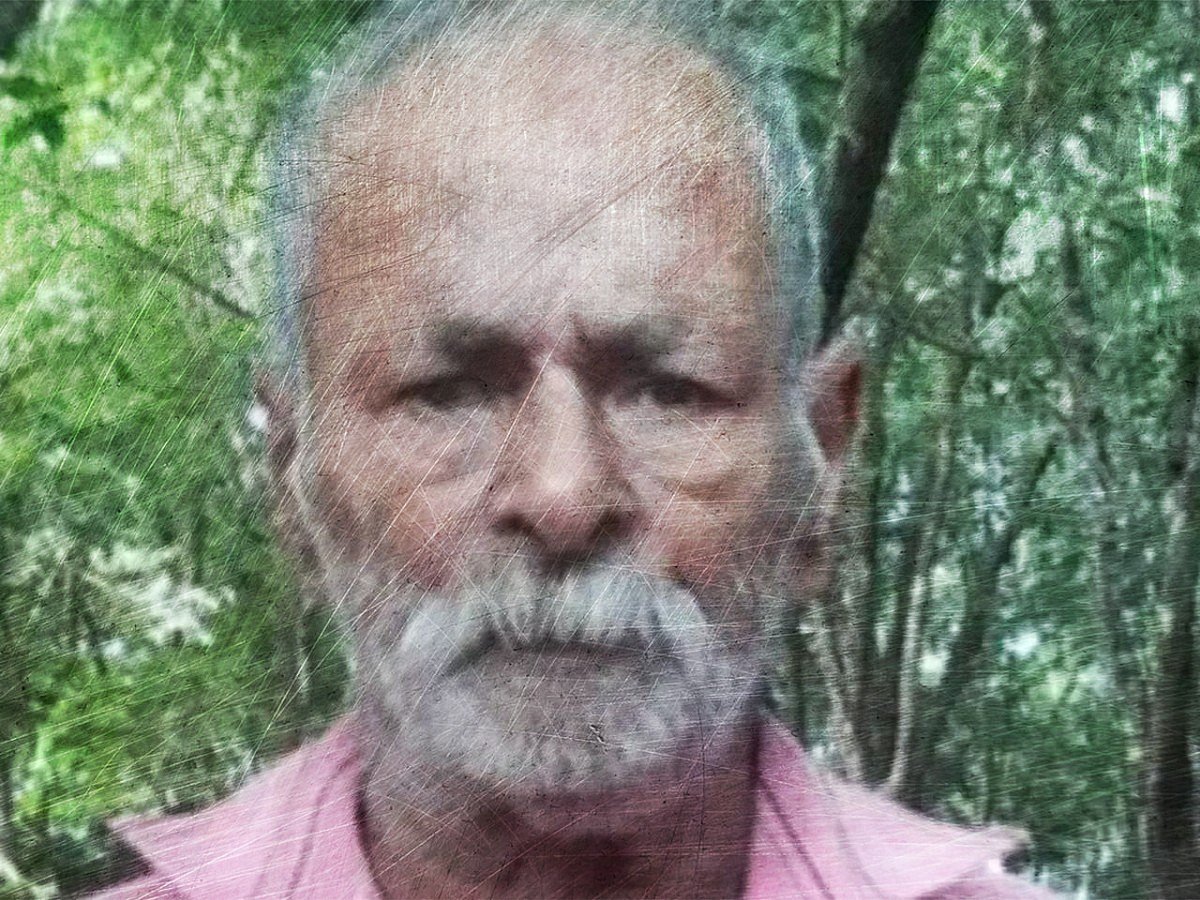An ordinary man, alleged murderer, and the dad of a rape-murder victim, dies
Death of Kerala's Shankaranarayanan brings to closure an unusual episode of grief, revenge

The death of a 75-year-old man from natural causes was reported from Kerala recently and people from all walks of society filled the social media pages with comments in full appreciation of his ‘valiant act’. “Dad, you are the finest example,” one comment read. “No one loved daughters as you did”, “You did the right thing”, “You brought justice to your daughter while you were alive”, “Wish every girl had a father like you”, other comments extolled paternal affection.
Exactly what did the man, a Kerala villager Shankaranarayanan, do to deserve such praise? Well, his story is tinged with the raw complexities of justice, grief, and revenge. He is a figure etched out in the memory of an empathetic public who identified with his pain, loss, and some unrefined streak of vengeance that we all carry in our veins, most of the times well under control. To know that deeply one should go back about a quarter of a century because that is the amount of time this man lived with his loss, grief, and perhaps a sense of insanity.
A habitual offender and sex maniac killed a 13-year-old girl Krishnapriya after brutally raping her in a remote village in Kerala. Krishnapriya, a Class 7 student from Elangoor, Malappuram, was returning home after school on February 9, 2001, when the incident happened. Her body was recovered later.
Mohammed Koya, a neighbour, was apprehended by police but he promptly came out on bail. Shankarannarayanan, the father of the girl, befriended the culprit. He became so close to Koya gradually that they even started to have late-night drinking sessions. About one year later, Shankaranarayanan allegedly shot Koya dead and surrendered to the police, confessing to the crime, at that time.
The incident, widely reported in the local media, shook the imagination of the public who found it easy to identify with the angst and the pain of the vigilante father in the background of violence against women in the country.
Manjeri Sessions Court convicted Shankaranarayanan and two others to life imprisonment for the murder. However, he was later acquitted by the Kerala High Court for lack of evidence in 2006, after the court suggested that there could be other enemies to the deceased rapist murderer Mohammed Koya.
Shankaranarayanan's act of taking the life of the rapist is no doubt a desperate and criminal act of vengeance. Still, it had ignited a fierce debate across the state about the limits of law enforcement and the profound depths of parental anguish in an increasingly lawless time.
Shankaranarayanan is not an icon in any civilised society, and every reference to him should come with the statutory warning that one should not take the law into his own hands, and of course, that thou shalt not kill. But in a society where crime thrives and it is gradually becoming more arduous to find justice or even hope for it, there will be a considerable number of people who find it easy to identify with the actions of Shankaranarayanan.
Sign up for the Daily Briefing
Get the latest news and updates straight to your inbox
Network Links
GN StoreDownload our app
© Al Nisr Publishing LLC 2026. All rights reserved.